Parable of the Sower and Climate Futures
Eisen explores themes for classroom discussion as well as disturbing similarities between our present moment and the dystopian future portrayed in Octavia E. Butler’s Parable of the Sower.

Eisen explores themes for classroom discussion as well as disturbing similarities between our present moment and the dystopian future portrayed in Octavia E. Butler’s Parable of the Sower.
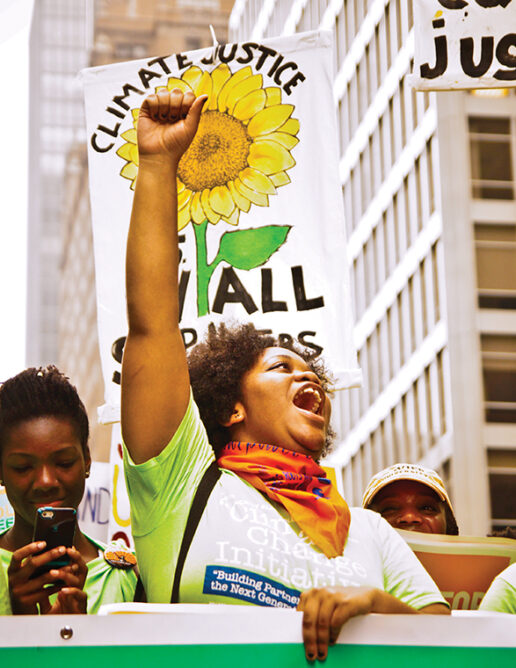
Bigelow recommends 10 essential elements of a robust climate justice curriculum.
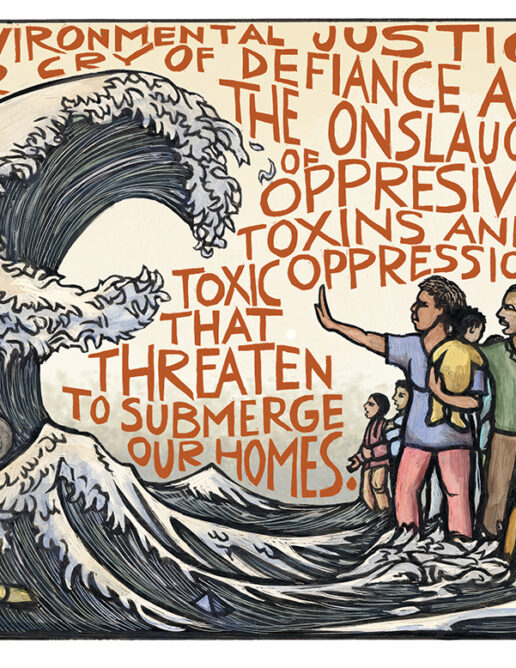
A high school social studies teacher discusses ways to teach the rich history of multiracial, community-based environmental organizing in the United States.

A high school teacher and co-editor of Teaching Palestine details a classroom simulation revealing some of the inequities Palestinians face throughout Israel and the Occupied Territories.

In this excerpt from Teaching Palestine: Lessons, Stories, Voices, Christensen offers teaching ideas for several poems in the book.

Bigelow details a new mixer lesson about the roots of Zionism in the classroom — and its relevance for today’s crisis.
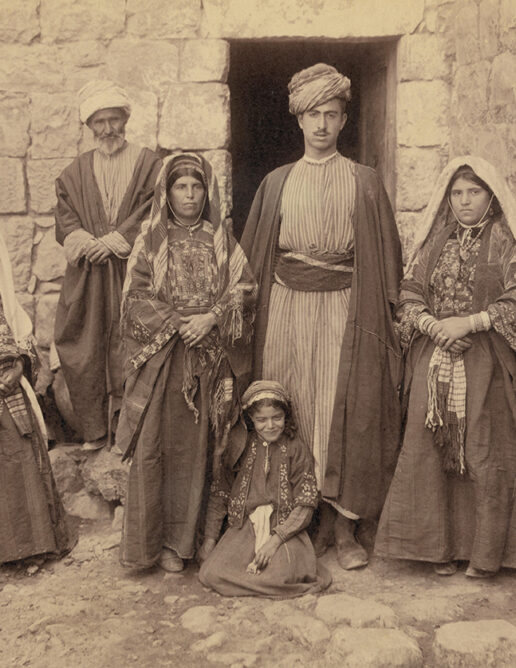
Bigelow describes a new lesson on the roots of the violence in Palestine — and argues that history shows that anti-Zionism is not automatically antisemitism.

Weaving her own experiences with reviews of Palestinian picture books, Foty shares books as resistance to the systematic exclusion of Palestine in the curriculum.
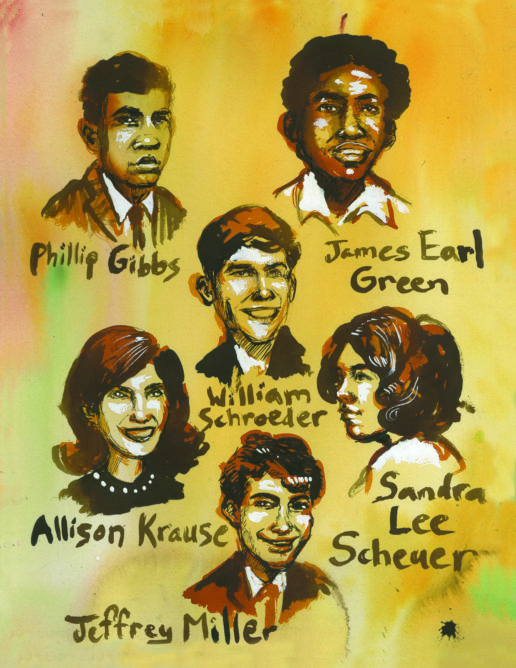
Fifty years ago — on April 30, 1970 — the U.S. military invaded Cambodia in an expansion of the Vietnam War. In response, students across the country staged massive demonstrations. […]
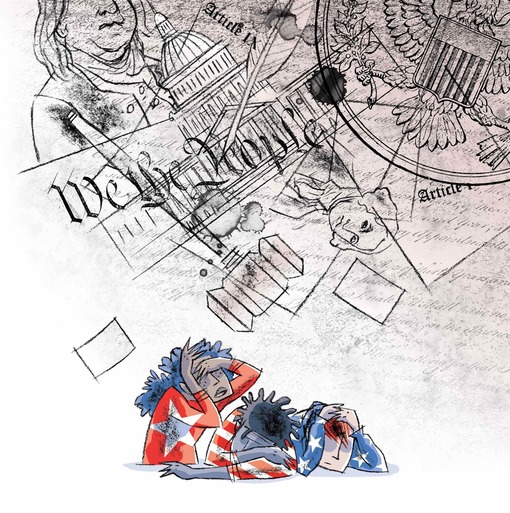
A high school social studies teacher argues for rethinking how we teach civics so that students learn that organizing, activism, and civil disobedience are as important as the Constitution.
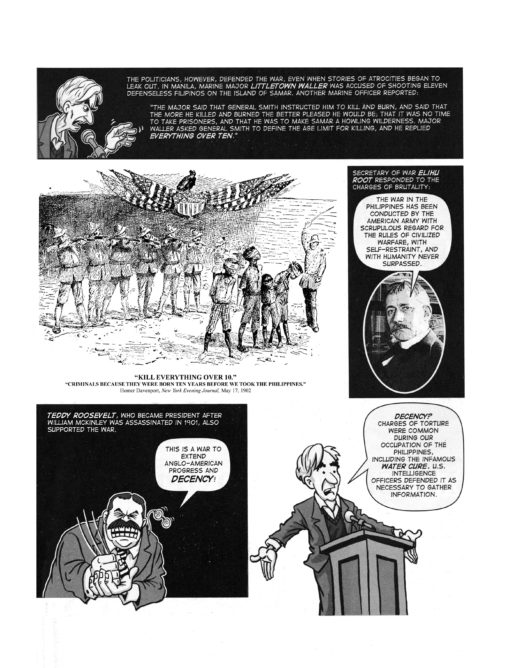
The American Empire has always been a bipartisan project—Democrats and Republicans have taken turns extending it
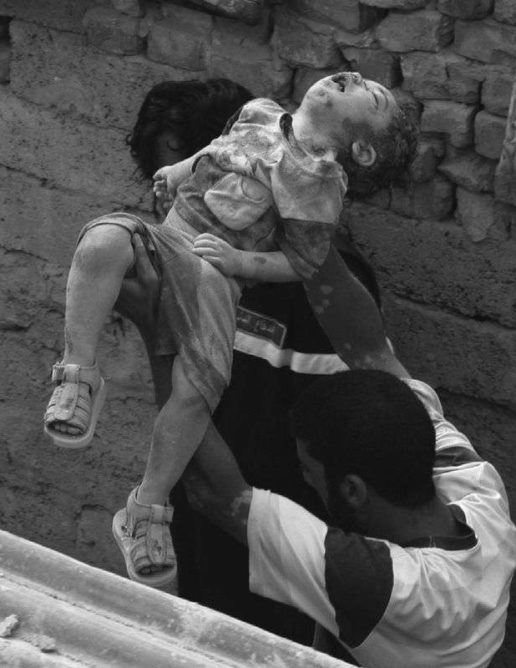
Iraq’s children have been more gravely affected by the U.S. occupation than any other segment of the population.”

A high school teacher uses the #MeToo movement and students’ own experiences with apologies to interrogate the government’s 1993 apology to Native Hawaiians for the 1893 overthrow of the Kingdom of Hawai’i.
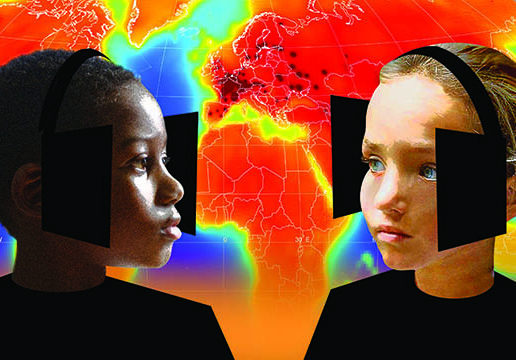
The second installment of our new environmental justice column focuses on one part of a resolution passed by the Portland, Oregon, school board that mandates the school district not use text material that doubts “the severity of the climate crisis or its root in human activities.”
SPECIAL REPORT: Education “reformers” are using the disaster in Puerto Rico to close hundreds of public schools and convert much of the school system to charters. But teachers, parents, and students are fighting back.
In the spring 2011 issue of Rethinking Schools we editorialized about the immense gulf between our terrible environmental crisis — especially the climate crisis — and the adequacy of schools’ curricular response. Seven years later, we still see this gap between crisis and curriculum — which is why we are launching this regular “Earth, Justice, and Our Classrooms” column: to offer encouragement and resources for teachers to help students explore the roots and consequences of the crisis and figure out how to respond.
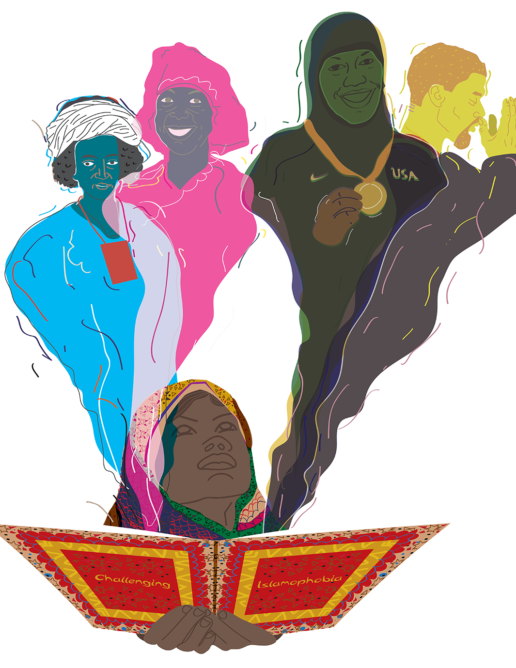
The increasing violence against Muslims, Sikhs, South Asians, and others targeted as Muslim, suggests we, as Americans, are becoming less tolerant and need educational interventions that move beyond post-9/11 teaching strategies that emphasize our peacefulness or oversimplify our histories, beliefs, and rituals in ways that often lead to further stereotyping.
A teacher adapts the “Climate Change Mixer” designed for older students as a springboard for a unit on global warming and climate justice.
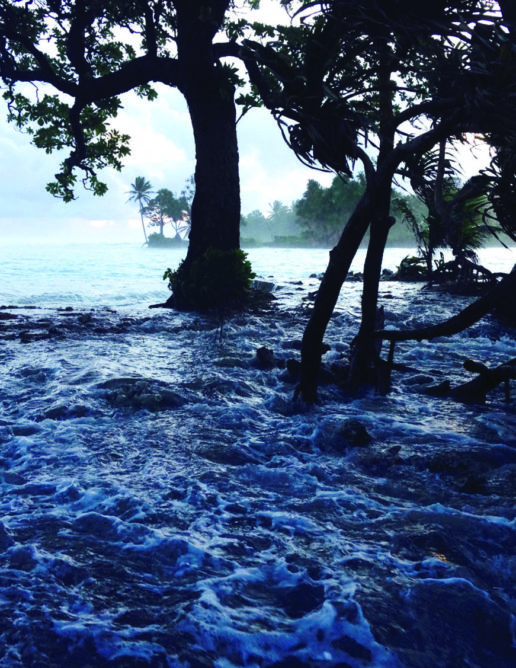
Using Marshallese poet and climate justice activist Kathy Jetñil-Kijiner’s poem “Dear Matafele Peinam,” a teacher helps 7th graders think about the sacred spaces in their own lives and how they will be affected by climate change.
A neighborhood mapping exercise helps students develop their narrative writing and storytelling skills while also building classroom community by connecting home worlds to the curriculum. Adapted from the newly-released second edition of Reading, Writing, and Rising Up.
A teacher wrestles with explaining refugee crises, dictators, and the trauma of war to her 1st- and 2nd- grade classroom.
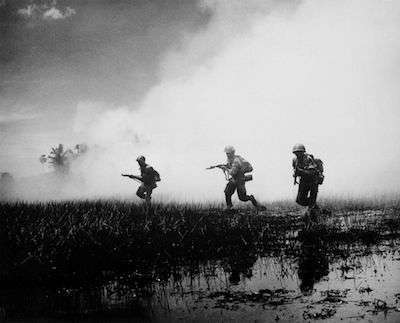
A teacher uses poetry and the creation of found poems as a way to get her students to think beyond the simple “two sides to every story” narrative of the Vietnam War.
Recently, a Rethinking Schools editor was a chaperone on a field trip when he overheard a 2nd-grade student talking about how he wanted to “nuke the world.” Taken aback, he […]
Students analyze cartoons from Popeye to Brave to see how media teaches children white- and male-supremacist ideas.